President Buhari’s media aide, Femi Adesina has said the N5,000 Conditional Cash Transfer given to poor and vulnerable Nigerians by the Muhammadu Buhari regime brings much joy to beneficiaries, notwithstanding criticisms.
Mr Adesina, made this statement in an article published on his Facebook page where he listed out the Buhari regime’s “kind” gesture delivered to Nigerians through the Ministry of Ministry of Humanitarian Affairs, Disaster Management, and Social Development.
“There is a National Social Register, which had over 46 million Nigerians on enrollment as at January 2022. Under CCT, the sum of N5,000 is paid to the poor and vulnerable monthly. Over 1,632,480 households are benefiting from that already,” Mr Adesina said.
“Just N5,000 only, some people may say in derision, with their noses turned skyward. But for a person who possibly has not owned half of that amount, to now receive it monthly, it is sheer bliss. That is why they are called poor and vulnerable,” he added.
While describing Mr Buhari as a leader who loves the poor and is loved by 12 million poor Nigerian who are always ready to support him during elections, Mr Adesina added that “in 2019, having put on his thinking cap on how he could further be of help to the poor, the weak and vulnerable, the President established the Ministry of Humanitarian Affairs, Disaster Management, and Social Development.”
Mr Adesina’s statement comes as Nigerians are lamenting worsening economic hardship and insecurity, with Mr Buhari promising but failing repeatedly to contain the crises, while plunging the country into huge debt.
Under Mr Buhari’s watch, Nigeria displaced India to become world’s poverty capital in 2018, according to report by Brookings Institution.
“At the end of May 2018, our trajectories suggest that Nigeria had about 87 million people in extreme poverty, compared with India’s 73 million. What is more, extreme poverty in Nigeria is growing by six people every minute, while poverty in India continues to fall,” the report reads in part.
The regime said it has lifted 10.5 million Nigerians out of poverty, but the World Bank said seven million Nigerians dropped below the poverty line due to worsening inflation in the country in 2020.
Rising inflation rates have sent prices of food and commodities through the roof, as the nation’s central bank battles foreign exchange crises.
In the last three weeks, fuel scarcity due to importation of adulterated fuel into the country, has disrupted economic activities across the country.








